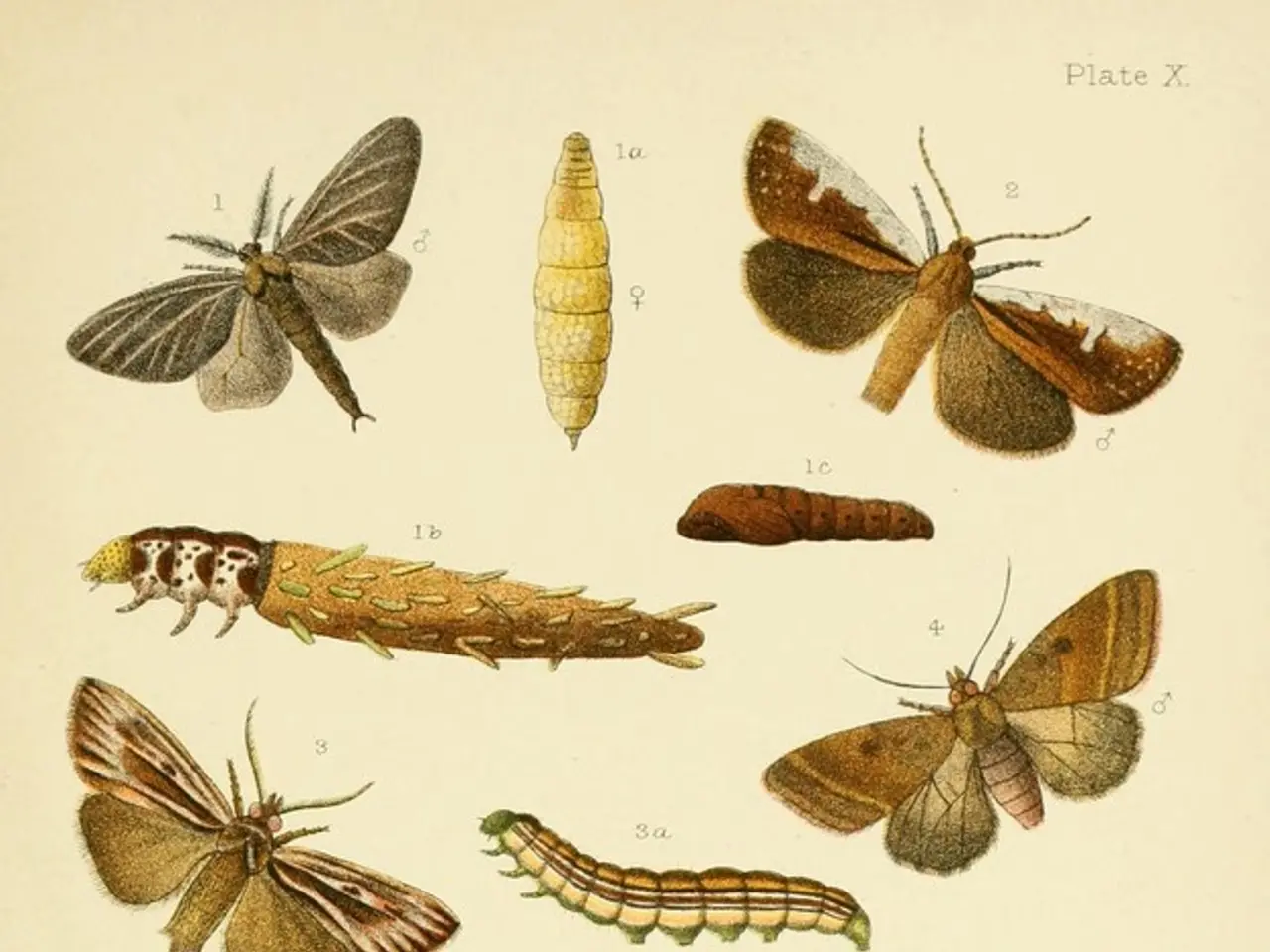Guidelines for Reporting Pesticide Mishaps Affecting Wildlife and the Ecosystem
In today's world, it is crucial to protect our environment and the diverse wildlife that inhabits it. When incidents occur that may harm wildlife or the environment due to pesticide exposure, prompt action is essential. Here's a guide on how to report such incidents effectively.
**Reporting Wildlife Incidents**
1. Identify the Incident: Determine if the incident involves a marine mammal, sea turtle, or other wildlife. Common reportable incidents include harassment, injury, entanglement, or death of wildlife.
2. Gather Information: Record details such as the date, time, location (latitude and longitude if available), species, condition of the animal, and your contact information. Include photos and videos if possible.
3. Report to Authorities: For marine mammals and sea turtles in Canada, contact the Observe, Record, Report (ORR) hotline at 1-800-465-4336 or via email at [email protected].
**Reporting Pesticide Incidents**
1. Identify the Incident: Confirm if the incident involves improper use or spills of pesticides that could harm the environment.
2. Gather Information: Document the type of pesticide, amount involved, location, and any affected wildlife or environmental areas.
3. Report to Authorities: In the U.S., suspected environmental violations, including pesticide misuse, can be reported through the EPA's Enforcement and Compliance History Online (ECHO) system or by contacting local environmental agencies. In other countries, similar national environmental agencies should be contacted.
4. Compliance and Regulation: Check local regulations regarding pesticide use and reporting requirements. Some countries may have specific agencies or hotlines for reporting pesticide incidents.
**Additional Reporting Channels**
- National Pollutant Discharge Elimination System (NPDES): If the incident involves water contamination, report to the relevant environmental agency responsible for NPDES permits. - Local Environmental Agencies: Many regions have local offices that handle environmental incidents. These should be contacted for incidents not covered by national regulations.
**General Reporting Tips**
- Act Quickly: Report incidents as soon as possible to ensure prompt action can be taken. - Provide Detailed Information: Include all relevant details to help authorities assess and respond to the incident effectively. - Follow Local Guidelines: Familiarize yourself with local reporting requirements and channels to ensure compliance with regulations.
Poisoned animals that are still alive can be taken to a veterinarian or wildlife rehabilitation center for treatment. State and federal regulations related to the collection of wildlife should be followed when rescuing or handling injured animals.
For assistance with dead or poisoned animals, contact the local animal control or Humane Society office. For concerns about possible illegal use of a pesticide, contact your state pesticide regulatory agency.
Remember, proper protection from pesticide contamination is necessary when handling or rescuing animals suspected of being exposed to pesticides. NPIC provides summary reports to EPA on incidents but does not collect information for enforcement purposes nor provide EPA with any personal identifying information.
Injured animals can be frightened and aggressive, so handle them with care. Rescue of ill animals should only be attempted by trained personnel who are properly protected from pesticide contamination and are knowledgeable about state and federal regulations related to the collection of wildlife.
By following these guidelines, you can help ensure the protection of our environment and wildlife from harm caused by pesticide incidents. Together, we can make a difference.
Connecting pesticide incidents to health and wellness, ensuring the safety of both humans and animals:
- In the event of exposure to pesticides, seek immediate medical attention, prioritizing personal health and safety.
- Mental-health support may be necessary for individuals affected by environmental tragedies, such as pesticide-related incidents, as emotional trauma can occur.
- Don't forget that professional environmental scientists have a vital role in identifying the long-term effects of pesticide usage on our health-and-wellness, as well as the environmental-science risks associated with such substances.




